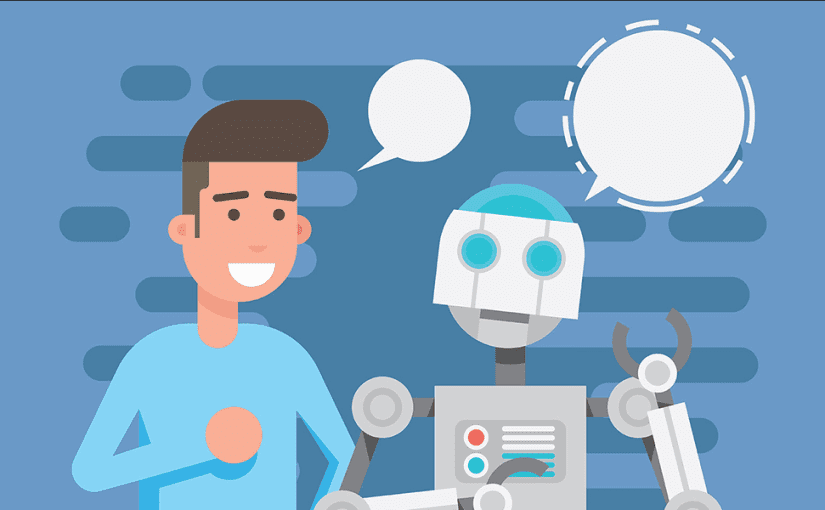
While many will argue that machine translation will take over human translation, marketing experts know that until AI translators can appropriately understand the context in writing and convey emotion, human translators will always be invaluable.
Choosing the right translation method will depend on your priorities. Machine translation holds the higher ground when it comes to time and speed, but for sensitive documents, accuracy, context, and cultural connotations, human translation reigns supreme.
What are Machine Translation and Human Translation?
Machine translation is the instant conversion of one language to another language with the use of artificial intelligence. Machine translation dates back to the 1950s and has evolved over the years, offering users the simplest form of translation. An infamous example of an AI translator is Google Translate. Other popular AI translators are DeepL Translator, Microsoft Translator, and Yandex Translate.
On the other hand, human translation is when a multilingual person or group of people read and translate a document manually. Human translation could be done in-house, by a freelance translator, or by a professional translation service/agency.
Depending on your budget, time, and sensitivity of the text, both human and machine translation can come in handy. Today, we’ll be learning which type of translation does better than the other.
The cost of human and machine translations?
A page can be translated for $20-$40 if you use a human translator, depending on the expertise and delivery time. Machine translation, on the other hand, costs way less.
Google translate charges as low as $20 for a 100,000-word text, and DeepL Translator (a more accurate tool for some languages) charges $25 for 100,000 words of translation. The same text can cost up to $10,000 or more if done by a professional translator making artificial intelligence translators a cheaper option by a mile.
Not everyone can afford steep prices like that for a translation, especially if it isn’t a sensitive document like legal paper.
If budget is a major priority, machine translation is the way to go. AI translators can be useful for transcribing texts like guidelines or user manuals on a budget because these are straightforward and require less accuracy.
What is the Translation Speed?
One category where machine translation reigns supreme is translation speed. Even the fastest human translators are nowhere as fast as AI translators.
Machine translation is instantaneous, while human translation can take hours, days, or weeks to complete. Google translate can completely convert a 100,000-word in 2 minutes, while it would take a person (even in groups) weeks to translate the same document.
If time is of greater essence to you or your business, consider using a machine translator. However, you should note the inaccuracies associated with neural machine translators.
Identifying Cultural Connotations
It looks like artificial intelligence translators have taken the lead. However, it’s entirely different when you consider human factors such as emotional intelligence.
A major drawback to machine translation is its inability to understand cultural connotations or references like a human translator. Compared to AI, a professional human translator with a good grasp of the required language can delve deeper into the piece of writing and make informed decisions. A human translator can identify tone and use appropriate idioms or slang that resonate with the specific audience. This alone makes a human translator more efficient, more capable, and more genuine.
Using the right tone, human translators can avoid mistranslations and misinterpretations common with AI translation. Hiring a professional business translator is a better investment if you are concerned about building an emotional connection with your target audience.
Identifying Context
Context is a crucial part of effective and accurate translation. Unfortunately, machine translators don’t understand context yet, significantly limiting their accuracy.
Artificial intelligence translators like Google Translate struggle with understanding polysemy (the ability of a word to have multiple meanings). Unlike human translators, AI tools can fail to recognize the contexts of the same word. For example, “dying from an illness” and “dying to meet someone.”
On the other hand, human translators quickly spot the context and give an adequate translation that engages the audience, while AI tools can, at best, translate it word for word, causing confusion.
Machine translators often skip these nuances leading to less engaging content.
Catching Trends
AI translations work with machine databases to translate a document. Updating machine databases can take time leading to outdated use of certain words like idioms and slang.
Human translators are constantly aware of new trends, catchphrases, and buzzwords used in pop culture and can use that to make content more lively and up-to-date. Using current trends in writing is a great way to connect with new customers today.
With our team of professional translators who are native speakers of over 40 languages, we can help you translate your legal and business documents. Book one of our professional translators now and get the best translation services vetted by USCIS.
Conclusion
Your priorities will determine which option best suits you.
Ultimately, it all boils down to what you want to achieve with translation. If you are applying for a study visa abroad that needs translation of legal documents, human translation is your best bet. Machine translation is the way to go if you need simple user guides translated on a budget.
Professional human translation is your best option if establishing an emotional connection with your target audience is a major priority or if you need precision in language. AI translation is your best pick if time, speed, and cost matter more.










